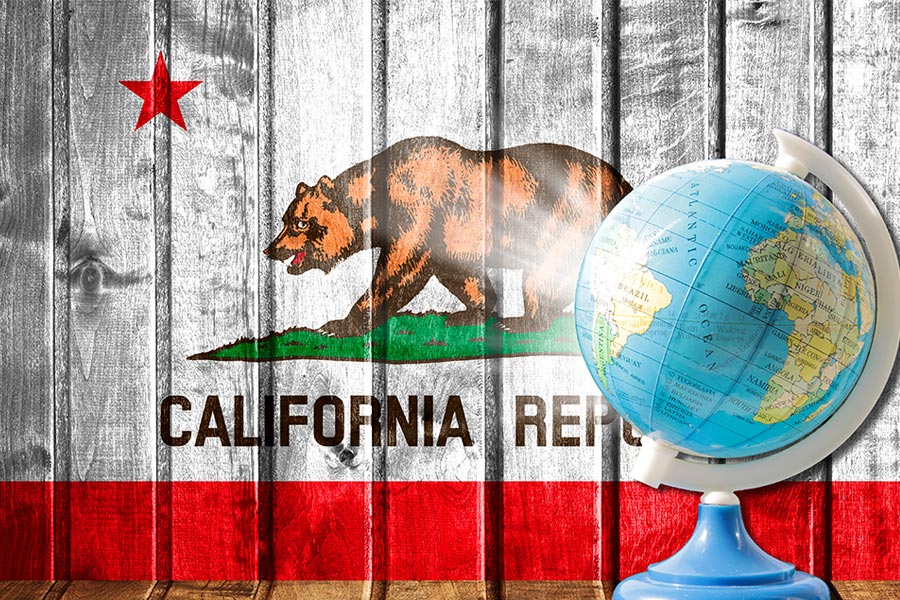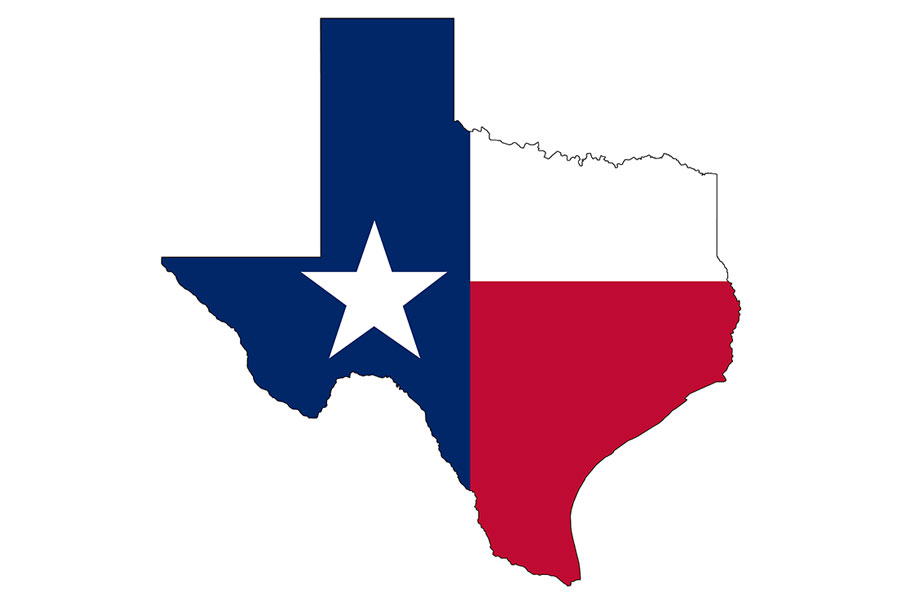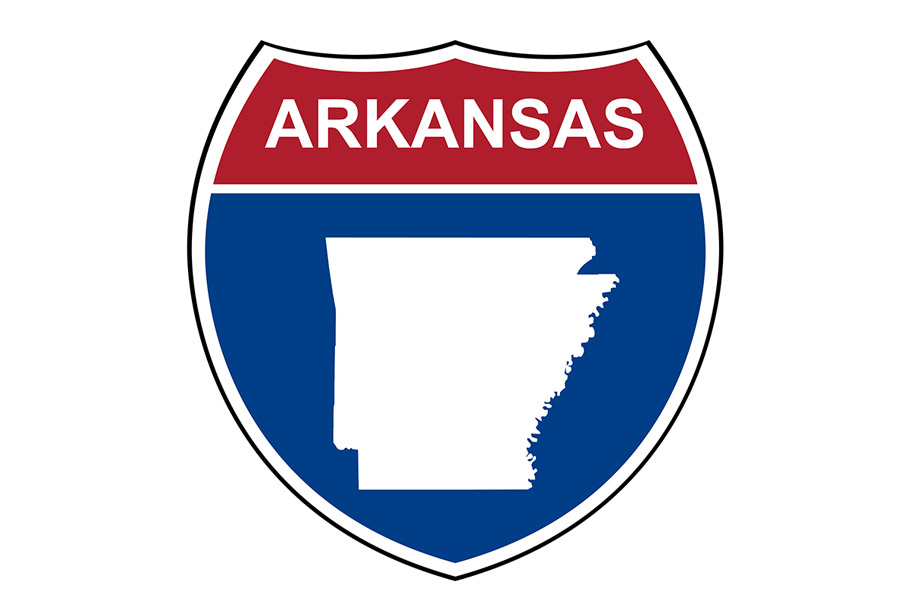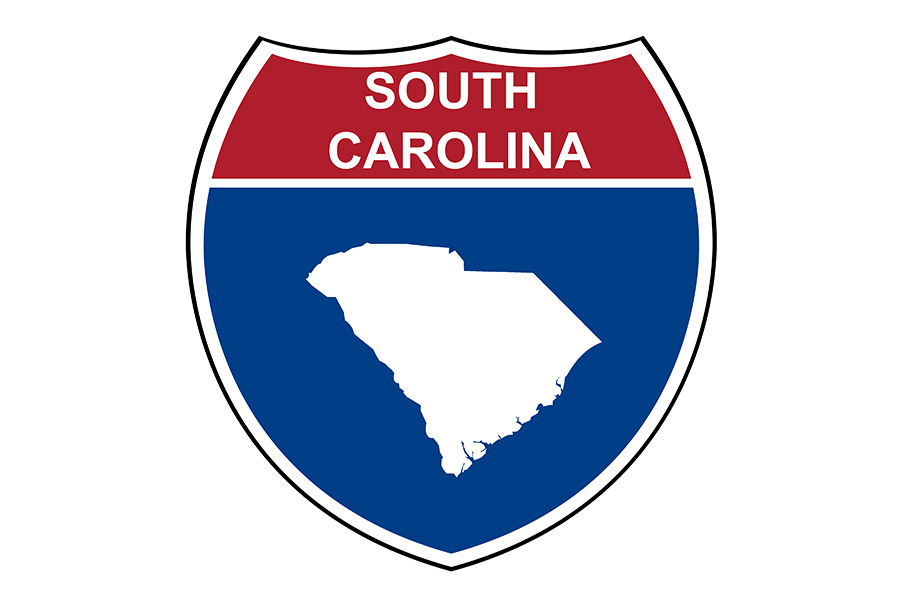Search results for: economic nexus
California Economic Nexus Changes and Marketplace Facilitator Law
California’s Marketplace Facilitator Act, AB 147, has changed California’s economic nexus law to a $500,000 threshold and enacted a new law classifying marketplace facilitators as the retail seller of all sales they facilitate for a marketplace seller. The new law, enacted April 25, 2019, simplifies California’s sales tax scheme, exempting small businesses and shifting the…
Read MoreCalifornia Implements Economic Nexus
In South Dakota v. Wayfair, the United States Supreme Court ruled physical presence is no longer required for a state to require a seller to collect sales tax. States can freely require a seller to collect sales tax if the seller sells a certain dollar amount of sales into the state or a minimum number…
Read MoreThree More States Propose Economic Nexus Legislation
In the growing trend to collect more sales tax, states have turned to economic nexus and marketplace facilitator statutes over the past year. Following the U.S. Supreme Court’s Wayfair decision, which overturned the prior physical presence nexus requirement, states have enacted laws that force companies to collect tax in their state based on sales alone. The most…
Read MoreWhat is Economic Nexus?
Sales tax law changed forever in June 2018 when the Supreme Court of the United States issued a ruling in the South Dakota vs Wayfair case. Prior to the Wayfair case, the law of the land was that businesses collected and remitted sales tax in the states in which they were physically located. However, with…
Read MoreTexas Jumps on the Economic Nexus Bandwagon
Over the summer, the United States Supreme Court ruled in South Dakota v. Wayfair that no longer is a physical presence required for a state to mandate a seller to collect sales tax. Instead, states are now allowed free reign to require a seller to collect sales tax if the seller sells a certain dollar…
Read MoreArkansas Yet to Impose Economic Nexus Legislation
In the wake of the U.S. Supreme Court’s Wayfair decision, which overruled a physical presence requirement that stood for nearly three decades, several states began taking steps to enact economic nexus legislation similar to that of South Dakota. However, Arkansas has not been one of those states. The Arkansas Office of Revenue Legal Counsel issued…
Read MoreNevada Economic Nexus Thresholds Go into Effect November 1, 2018
Nevada enacted economic nexus thresholds for remote sellers in response to the Supreme Court’s Wayfair decision. Originally, there was no established effective date for the legislation. However, remote sellers should take notice that the Nevada Department of Taxation recently announced when the economic nexus rules would go into effect. Beginning November 1, 2018 remote sellers…
Read MoreSouth Carolina Issues Economic Nexus Guidance for Remote Sellers
The South Carolina Department of Revenue issued a guidance to remote sellers regarding their economic nexus standard in light of the U.S. Supreme Court’s Wayfair decision. Prior to the decision, the Department took the stance that although legislation allowed for the collection of sales and use tax by retailers not maintaining a physical presence, the…
Read MoreWest Virginia Provides Notice About Impending Economic Nexus Thresholds
In response to the recent U.S. Supreme Court Wayfair ruling, the West Virginia Tax Department issued an Administrative Notice (“Notice”) that will affect remote sellers prospectively. Beginning January 1, 2019, certain remote sellers will be required to collect and remit West Virginia sales and use taxes on taxable sales delivered into the state. In Wayfair,…
Read MoreLouisiana to Impose Economic Nexus Legislation on Remote Sellers in 2019
In response to the U.S. Supreme Court’s Wayfair holding, which eliminated the physical presence requirement that stood for nearly three decades, Louisiana has taken steps to capture sales tax revenue from transactions conducted by remote sellers. The Louisiana Department of Revenue issued a bulletin indicating that remote sellers must begin collecting and remitting state sales…
Read More











